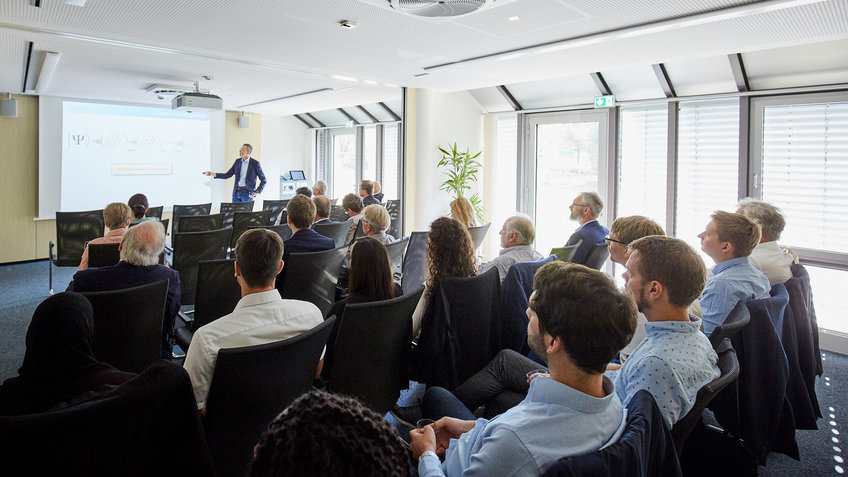Precision measurements of the Rydberg spectra of H, He and H
2 will be presented, which aim at determining their ionization energies and, in the case of H
2, also the spin-rovibrational energy-level structure of H
2+. These measurements are carried out for comparison with the results of first-principles calculations that include the treatment of finite-nuclear-size effects and relativistic and quantum-electrodynamics corrections up to high order in the fine-structure constant.
[more]

